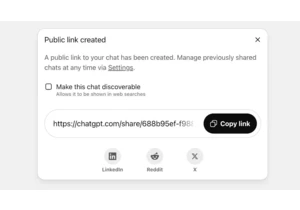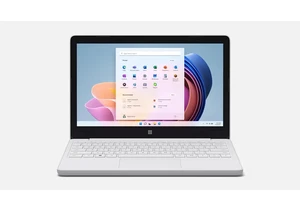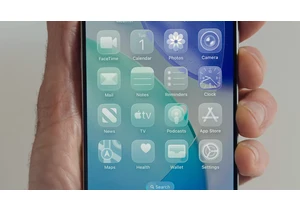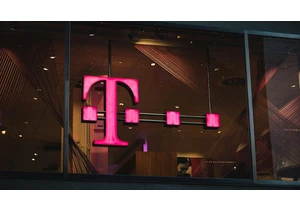Google has introduced new features for Chrome on iOS that help users bifurcate work and personal data by using separate Google accounts. As more employers implement bring your own device (BYOD) policies, employees increasingly access company resources from browsers on their personal devices. Devices connected to a managed Google Workspace are able to leverage these additions.
Chrome now supports easy account switching and data separation on iOS, similar to its approach on Android and Chrome for desktop. The browser keeps data such as tabs, history and passwords confined to the corresponding account, protecting employer information from exposure to personal activities.
When users first sign or select their managed account, they will be taken through an onboarding process that explains the separation between managed accounts and personal, as well as insights into how their company is handling their data. Anytime a user switches to the managed account, they are notified that they are entering a managed experience.
Google has also added safeguards for companies using Chrome Enterprise. IT teams can now apply URL filtering to work accounts in Chrome on iOS, and security teams can stream audit logs from iOS and Android directly into the Admin console or any SIEM, both of which are features already available on desktop.
These features are available for managed devices through Chrome Enterprise today.
This article originally appeared on Engadget at https://www.engadget.com/mobile/google-adds-separate-work-and-personal-accounts-to-chrome-on-ios-170032115.html?src=rss https://www.engadget.com/mobile/google-adds-separate-work-and-personal-accounts-to-chrome-on-ios-170032115.html?src=rssConnectez-vous pour ajouter un commentaire
Autres messages de ce groupe



OpenAI has removed a feature that made shared ChatGPT conversations appear in search results. The "short-lived experiment" was based on the chatbot's link creation option. After complaints, OpenAI'

Microsoft is ending support for its ChromeOS competitor Windows 11 SE. The company will officially stop providing "software updates, technical assistance and security fixes" in October 2026, accord



